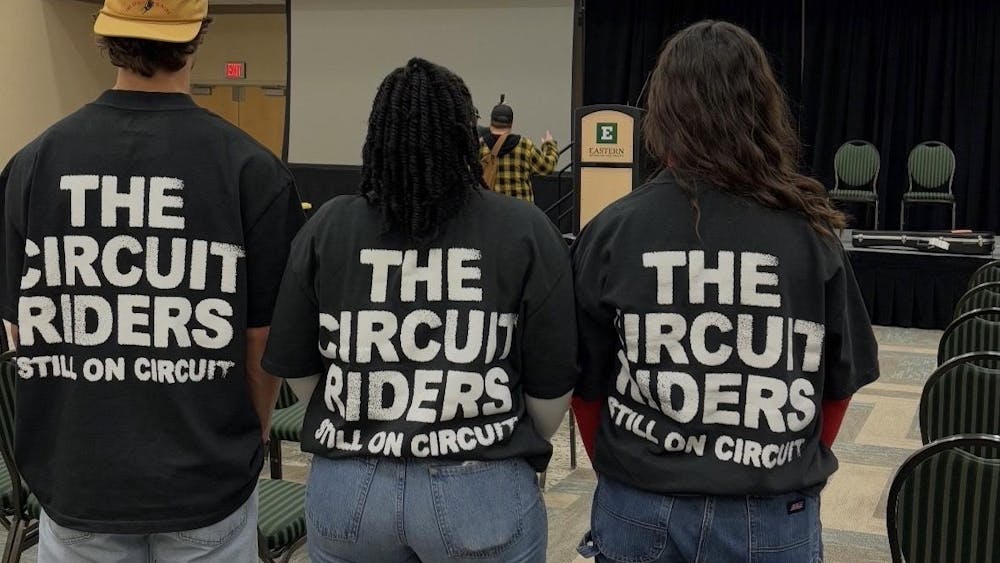This fall, the American Civil Liberties Union is challenging an important question being asked before a person receives a ballot to vote, “Are you a US citizen?” The question represents the fact that voting is a constitutional right reserved for U.S. citizens only. Why is it a bad thing?
According to MLive.com, Michael Steinberg, the legal director of the Michigan ACLU, said the question could confuse voters who don’t speak English. We have six complicated proposals, and the most difficult question on the form will say, “Check this box if you are a citizen of the United States”? Why would anyone be confused by that, but have an adequate understanding of legal issues relevant to the judgeship of the 20th State Appellate Court?
Steinberg said there is a serious equal protection issue with this voter question. The problem with this argument is that every person in the state is asked this question, therefore there is no inequality. There are some precincts that are refusing to ask the question, but they are violating an order from Michigan’s secretary of state, not helping the state discriminate against people. It should be mentioned that Michigan Gov. Rick Snyder vetoed the broader ID law in July.
Butch Hollowell, a lawyer for the Detroit NAACP, said the ballot is already too long. How is one question that may take up two lines going to make a difference when it comes to the length of the 2012 election ballot? He even admitted that the length issue was due to the six proposals on the ballot, so one question won’t even have a minimal impact on the ballot’s length.
This law does not require any identification, therefore all you have to do is check the box. Most of these laws are challenged because opponents contend that minorities are too poor to get state-issued photo identification. Interestingly, minorities don’t complain about being stereotyped in this situation, but I digress. This seems like a good compromise because it does not require state IDs, but it could also cause non-citizens to think twice before voting.
People even claim this question will make minority citizens afraid to vote, which is a lame argument because it seems based on the premise that minorities don’t realize they are citizens. If an eligible voter doesn’t want to say “Yes, I am a citizen,” they must not have much pride in their citizenship, and they alone are silencing themselves.
According to a Detroit Free Press column, Rich Robinson (a nonprofit advocate) was held up from voting because he refused to affirm his citizenship when he was asked.
It seems ridiculous: A citizen refusing to tell people he is a citizen and not being able to vote as a result. Robinson told the Free Press he is a citizen and he obviously understood the question. Why would he have a valid reason to hide his citizenship when it is a requirement anyways?
Citizens should have no problem saying they are citizens. It seems like an honest, simple, question. I guess the modern American citizen is just too lazy to be inconvenienced by a citizenship checkbox, or maybe the quality of our public education makes this question entirely too complicated.
Apparently, it is okay that you must show ID at the bank or when asking for government benefits, but you should not have to confirm your citizenship in order to vote. This is sad, because it prevents our government from protecting our right to vote by allowing illegal voters to have an unfair say.








